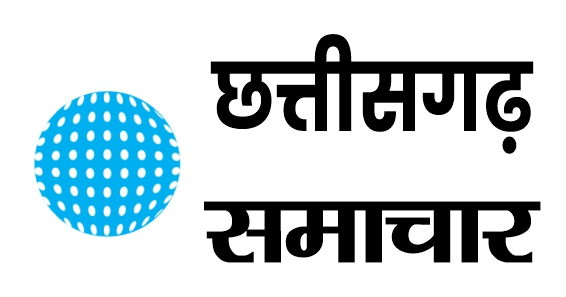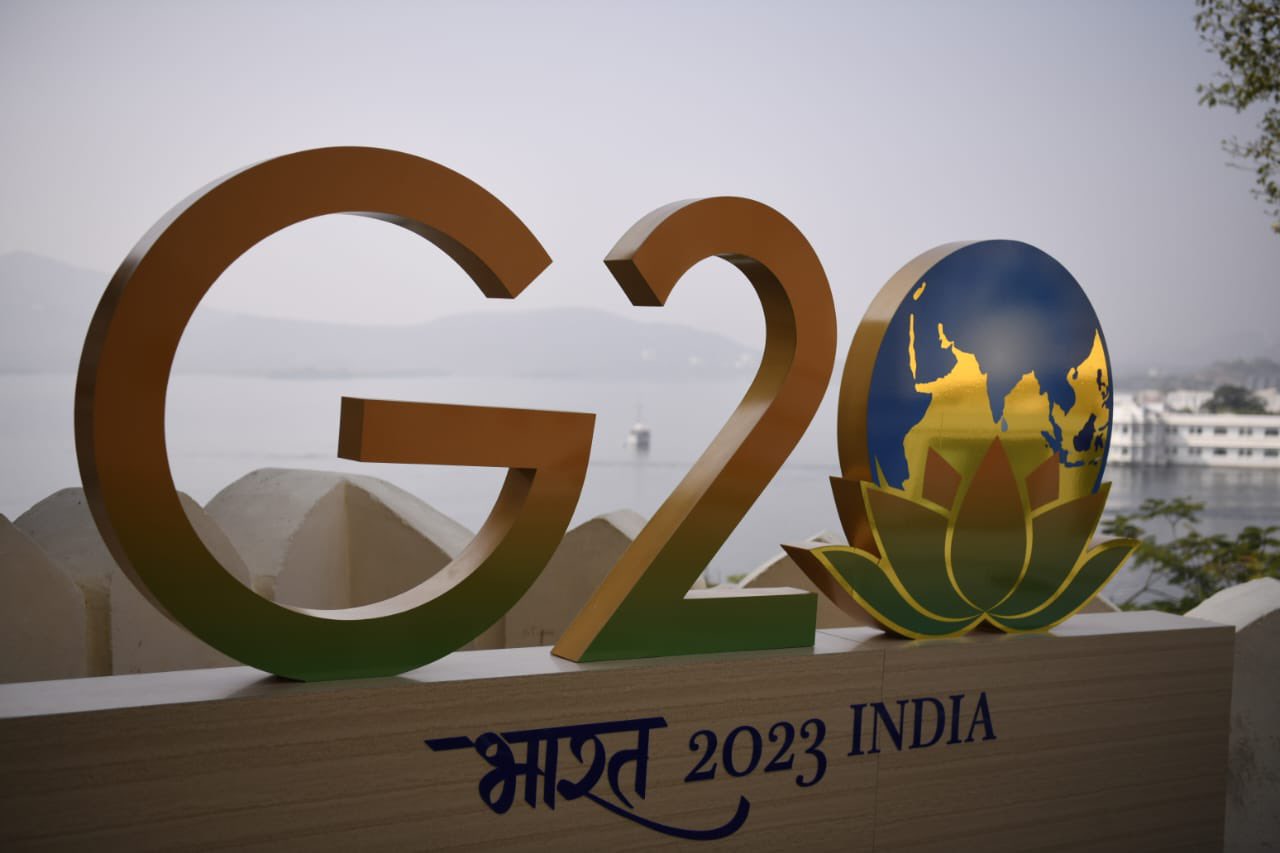On September 9, 2023, the day when the spectacular G20 summit concluded, the world saw India as one of the world’s most powerful and influential nations. The deadlock between the West and the Russia-China axis, which geopolitical experts predicted would lead to no outcome document from the summit, was resolved by diplomatic efforts of India, with the help of Brazil, Indonesia, and South Africa. Before the world could appreciate Shri Narendra Modi for handling India’s stance on the Russia – Ukraine war, his predecessor, Dr. Manmohan Singh, tapped Modi’s back, saying that India has “done the right thing in putting its sovereign and economic interests first while also appealing for peace”. The last time New Delhi received a chance to showcase India’s power, culture, and heritage to the world was during the Commonwealth Games 2010 when reports of corruption by the organizers maligned India’s stature globally.
This G20 meeting was an opportunity to rectify past mistakes and show “Bharat”. Bharat, that is, India, took important decisions like the addition of the African Union, making G20 to G21, signing the deal of India – Middle East – Europe Economic Corridor (Modern Spice Route), talking on the revival of the Black Sea Grain Initiative, the establishment of bio-fuel alliance and Millet trilogy. Videos of PM Modi welcoming the delegates, taking them to Rajghat, along with President Smt Draupadi Murmu, filled the heart of every Indian with pride. Elections are approaching, and the B.J.P. recently lost two assembly elections (Karnataka and Himachal Pradesh). The party tried hard Hindutva coupled with an anti-freebie approach during election campaigning but failed. The party relied upon airstrikes and Jan-Kalyan schemes in 2019 to win a majority, but will G20 and India’s aggressive foreign policy become a significant part of the 2024 election campaign? The first task should be to take the benefits of outcomes of the G20 summit to the ordinary person.
Petrol – Diesel To Be Cheaper
Inflation has not only hurt the middle class and poor in India but also the mandate of the B.J.P. The party faces the same allegations the U.P.A. faced during 2012-13 when inflation was double-digit. Whether it is Congress in Rajasthan or B.J.P. in Madhya Pradesh, the parties in power have reduced the price of gas cylinders so that the burden of rising crude oil prices doesn’t hurt the general public’s pocket. What if I tell you that the decision of the India-Middle East-Europe Economic corridor will bring down the cost of petrol and diesel in India? India receives approximately 500,000 barrels of crude products daily through the Suez Canal, followed closely by China, with imports slightly exceeding 400,000 barrels daily. South Korea and Singapore also import just under 400,000 barrels daily through the Suez Canal. Adopting a land route through the Arabian peninsula could provide an alternative to the crowded Suez Canal, the current route for cargo ships. Ultimately, the project seeks to establish a continuous corridor extending from Southeast Asia to Europe. Another decision is the Biofuel alliance, which will further bring down the price of petrol and diesel in India. Crude oil imports represent the most considerable portion of our import expenses. Elevated prices for crude oil and natural gas contribute to increased inflation rates. By boosting the production of biofuels through technology exchange with fellow members of the Global Biofuels Alliance, we can uphold fiscal responsibility and reduce inflation. Additionally, India’s efforts to encourage reform within Multilateral Development Banks (MDBs) to emphasize Green Financing may attract more investments and loans, fostering additional infrastructure projects, job opportunities, and a positive economic cycle.
Employment Opportunities To Be Created Through G20 Decisions
According to a study by the I.B.A., the biofuel alliance can generate opportunities worth USD 500 billion in the next three years for G20 countries. The proposal is being considered at a time when India is prioritizing its energy security due to the ongoing energy crisis caused by the Russia-Ukraine conflict. Given that approximately 85% of India’s energy needs are fulfilled through imports, this crisis could potentially have a significant adverse effect on the country. The concept of forming a coalition among biofuel producers is aimed at ensuring energy security for nations reliant on oil imports, particularly in light of the dominant influence wielded by the Organization of the Petroleum Exporting Countries (OPEC) and its partners, collectively referred to as ‘OPEC+’, in the global crude oil market. Similarly, the India – Middle East – Europe Economic corridor can create millions of jobs. Comparing it to B.R.I., China claims that 420,000 jobs have been created in B.R.I. countries, and 40 million people have been lifted out of poverty thanks to BRI-generated growth.
Ideological Stronghold
Using the word “Bharat” on the official invite from the President and later on the placard for PM Modi has invoked a debate in the public sphere, involving the entire political spectrum. This would help the B.J.P. further strengthen its argument of removing colonial imprints from the “Bhartiya Sabhyata”, which forms one of the core ideological standpoints of the party. This was further reflected in the India-Middle East- Europe connectivity corridor, which provides an alternative to China’s B.R.I. and supply chain weaponization. Several decisions made during the year have already impacted domestic politics. The decision to celebrate G20 as a festival and host over 200 meetings in 60 cities, including all 28 states and 8 U.T.s, specifically including Kashmir and Arunachal Pradesh, has reaffirmed the present government’s firm stance on these issues. This would again help the B.J.P. to gain support from its core voters, who choose the “hard” B.J.P. for whom “Talks and Terror can’t go together” over the “soft” Congress.
Modi’s Popularity And B.J.P.’s Election Campaigning
Shri Narendra Modi’s popularity is at an all-time high. He has projected “Bharat” as the “Sankatmochan” who can pull the world out of any global disorder—observing the allegations of I.N.D.I.A opposition bloc, you will find the issues raised by the bloc revolving around inflation, India’s China policy (especially the border tussle), communalism, etc. G20 has shown the mirror to the opposition and answered every allegation precisely. Bharat has always propagated Peace and Non-violence, which was again portrayed on the global stage when PM Modi and all G20 leaders paid tribute at Rajghat. Modi government represented “Bharat” through its rich culture, which included the replica of the Konark wheel from the Sun temple, which served as the backdrop of PM Modi’s welcome handshake with G20 leaders, the use of the image of Nalanda Mahavihara (university) in the backdrop of where President Murmu and PM Modi welcomed G20 delegates for grand ceremonial dinner and a 27-ft Bronze statue of Nataraja at the entrance of Bharat Mandapam.
Conclusion
Foreign policy is not just a matter of international relations; it reflects a nation’s values, and voters carry those values to the polling booth. In the same light, the G20 summit under India’s presidency and its outcome, the New Delhi Declaration 2023, are bound to impact the general election due in March 2024. This will also enormously boost India’s claim for U.N.S.C. membership globally. The culmination of events like the success of Chandrayaan to becoming 4th to land on the moon, overtaking the U.K. as the 5th largest economy, and hosting a successful G20 summit has raised India’s stature in the Globe. This will likely be used as a brownie point by the B.J.P. in the 2024 election.
*Authored by Ritwik Mehta and Sahil Jindal, Founder and IR Research Head respectively at Niti Tantra








